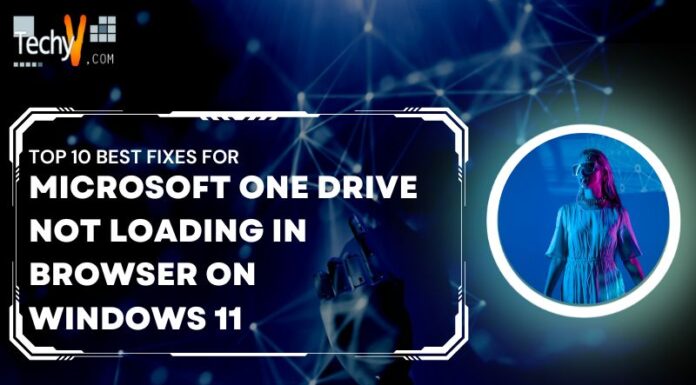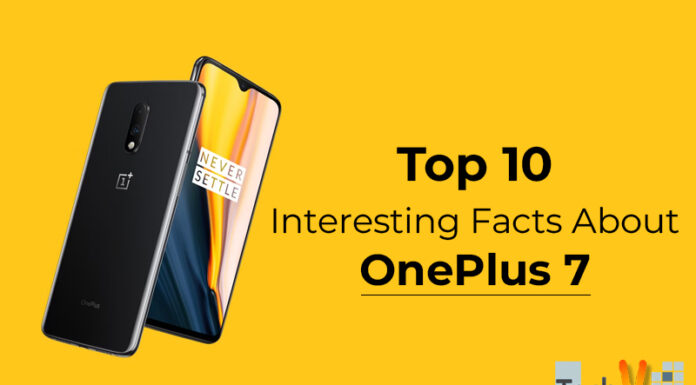You must have heard about Quantum computing recently and that its development has been taken by several multi-domain companies such as Google, Amazon, Alibaba, and IBM. However, the company that is leading the quantum computing and research industries is IBM for now. Companies like these create dedicated hardware that users can use through virtual machines connecting to cloud platforms. Quick fact: IBM osprey provides the largest qubit count among IBM quantum processors, which is about 127 qubits, which was released in 2021. Use of these computing qubits can exist in 0 and 1 at once, and why is that a big thing? This levels up the process and calculation to a great extent. For example, generally, in programming, a Boolean variable can only be true or false, but with quantum computing, it can be true and false at the same time (this is just for context). As we know what and how quantum computing affects computing, let’s look at the Top 10 frameworks for using quantum computing programming.
1. Qiskit
So, we will start with Qiskit which is widely used and famous for quantum computing. It was created by IBM and is an open-source platform. Using this framework users can access, create, run, and test quantum computing algorithms. If you are looking to start testing while learning or a specialist working on some project, then it is a great option for you. It has various simulators, tools, and libraries for quantum computing and also comes with detailed documentation for use.

2. Cirq
Another well-known framework on the list is Cirq or Crique which is developed by Google. Cirq is specially made for use with Python programming language and is available to a wide range of developers. It comes with high-level features such as abstraction and other tools for creating quantum algorithms. Google also developed a Sycamore quantum processor which could be directly programmed using Cirq.
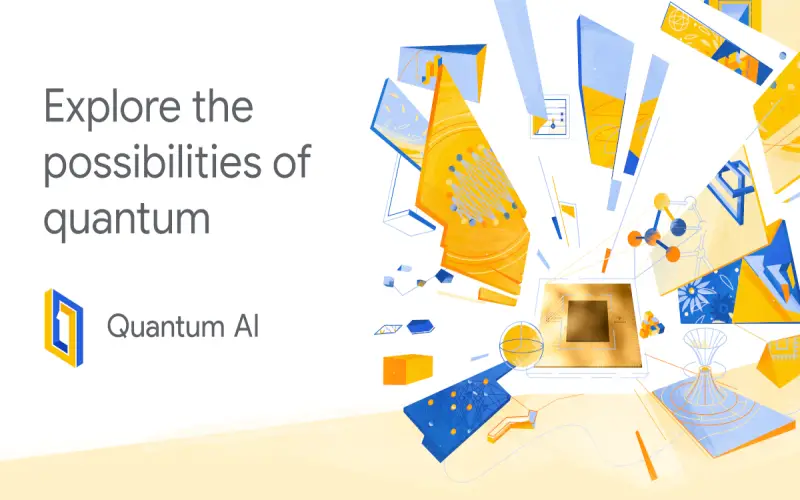
3. Quipper
Now we have another framework Quipper developed by one of the giant companies which is Microsoft. Quipper is a programming language developed especially for quantum computing. Quipper is an open-source language available free for use. It allows users to create quantum algorithms and build executable quantum circuits. This language uses a circuit-based approach for quantum computing.
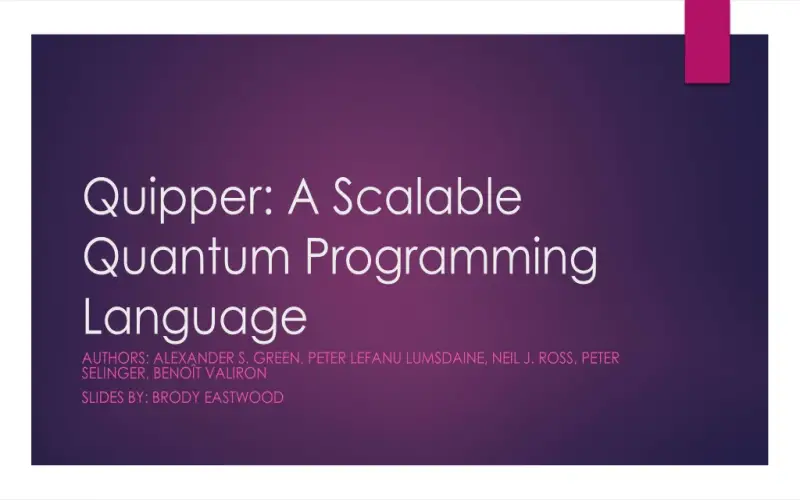
4. Q#
Q# is another quantum programming language that is developed by Microsoft and can used dedicatedly with Visual Studio. It is made to be used in tandem with the Quantum development kit, and it provides various types of simulators and tools that could be used for quantum computing. Q# can be directly used when developing quantum apps on Microsoft’s Azure Quantum platform.

5. Silq
Now, let’s look at Silq which is developed by ETH Zurich. Silk is a high-level programming language for quantum computing with a great static system. Silq highly focuses on code safety and helps create quantum applications with better code stability and fewer defects in code. It comes with a special syntax and type system which reduces the occurrences of common programming mistakes in quantum code making quantum applications stronger and better.
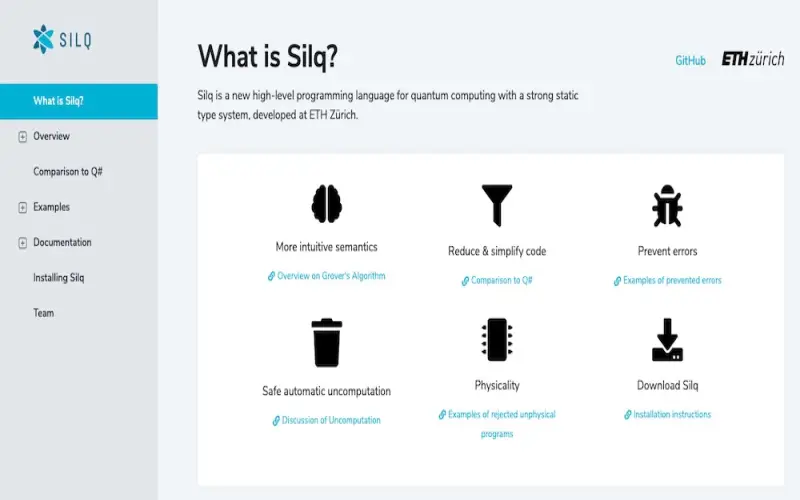
6. ProjectQ
ProjectQ is also an open-source framework, which is available in two different languages which are python and C++. As it can be coded in C++ and Python it is a high-level framework that gives optimization methods to improve the performance of algorithms and high-level interface for quantum programming. It is widely used for academic and industrial purposes and research. ProjectQ is a great option for everyone who needs a flexible platform for their quantum computing development.

7. VQNet 2.0
VQNet 2.0 is a new generation framework of VQNet 1.0 framework. This new generation machine learning framework combines the classical and quantum machine learning techniques and supports hybrid optimization. The core library is implemented using C++ and user-level implementation is done using Python. It supports deployment in both quantum and classical hardware. The framework focuses on unity, practicality, efficiency, and compatibility. It can also be used for several classical applications such as for convolution neural networks, quantum Autoencoders, and other hybrid classical-quantum networks.
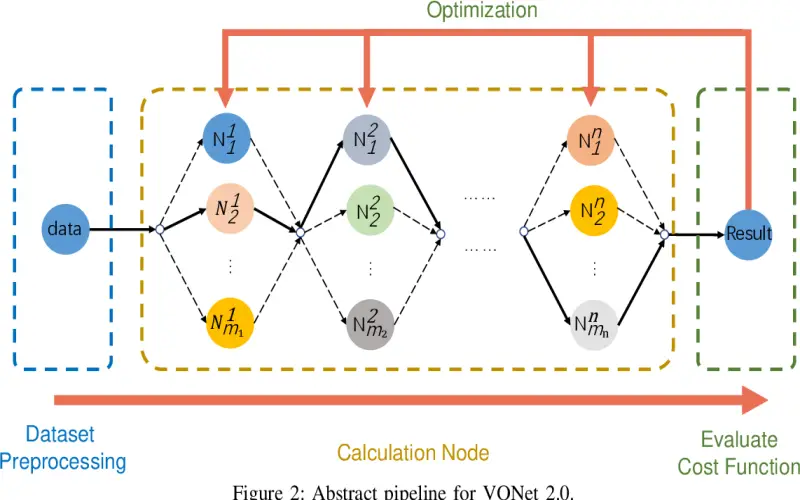
8. Tensorflow Quantum
Now, we have a python framework which is developed by Google. TensorFlow is a library developed by Google for their internet research and development but later they made it open source. And from it comes Tensorflow Quantum (TFQ) which is made for quantum machine learning. It is a framework that allows quantum algorithm and machine learning researchers and engineers to use Google’s quantum computing framework which is directly integrated into TensorFlow. It combines Cirq-designed quantum computing techniques into Tensorflow API for high-performance circuit simulators.
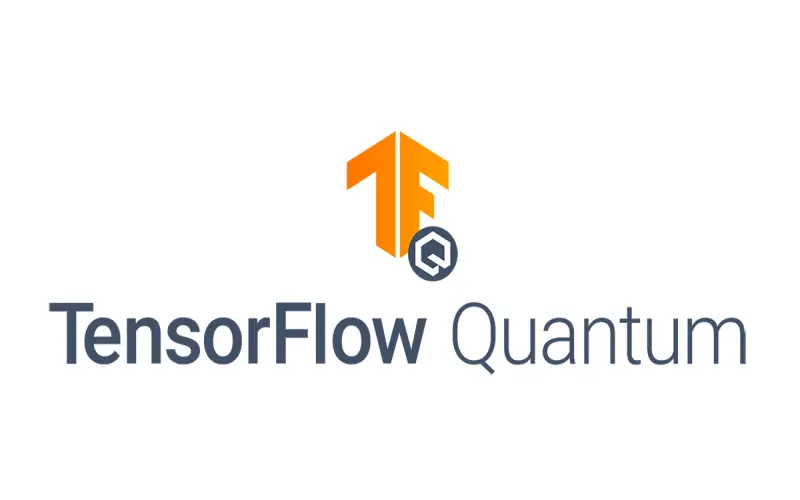
9. Percevel
We have come to the second last section of this article and that is Perceval. Perceval is an open source framework which is used for programming photonic quantum computers. Perceval is a French business that focuses on building a new generation of quantum computers based on light manipulation. Their focus is on the construction of quantum photonic circuits which are used for simulating and refining design and models using a simple object-oriented Python API.
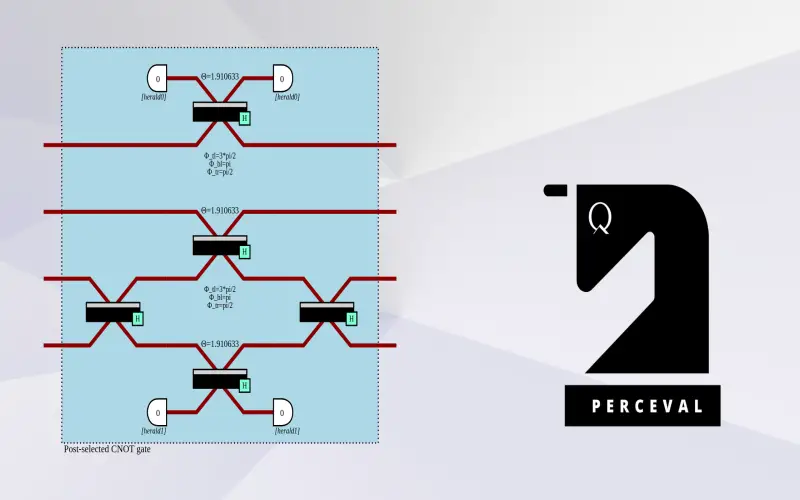
10. Azure Quantum
Last but not least we have Azure Quantum which is a tool from Microsoft that provides quantum computing resources through a virtual machine cloud interface to the users. They provide a direct open-source development kit for the development of quantum algorithms that work with modern environments and frameworks such as Q#, Qiskit, and Cirq. It provides in-build tools that can help in understanding several logical and physical qubits as well as runtime, which is required to run quantum codes.





